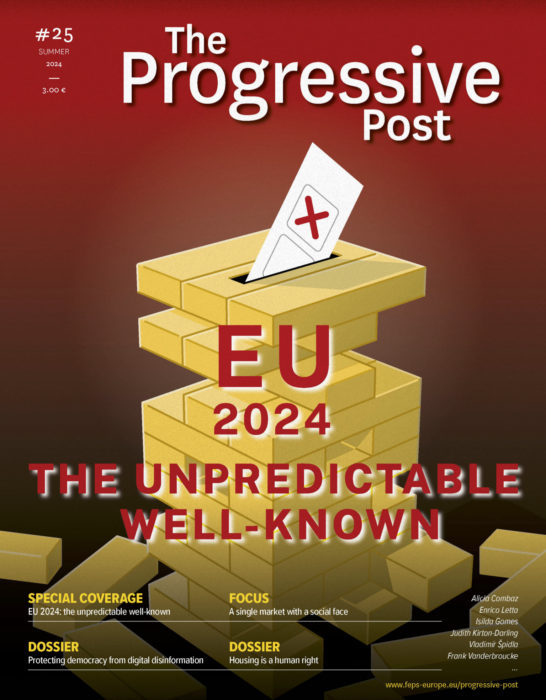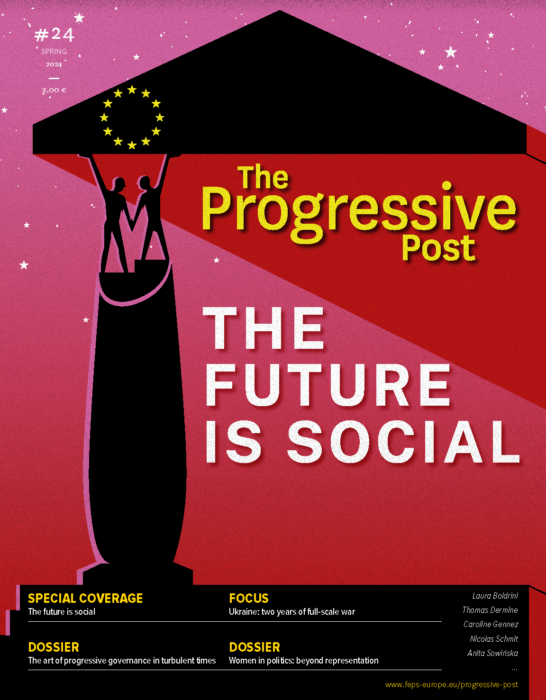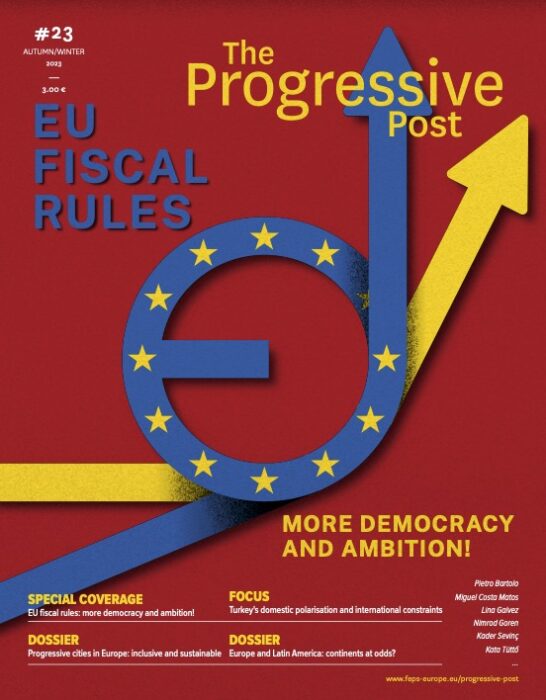Key partner: Associazione Socialismo
Comunità di Sant’Egidio
The goal of an effective integration of long-time and recently arrived migrants into European societies and the build up of a strong social cohesion of post-migration European societies is, in spite of the long history of migrants’ communities in Europe, still very much overlooked, in Europe in general and Italy in particular.
Migration is still largely understood as an emergency issue, and priority is given to temporary ad hoc measures that fail to address the structural nature of the phenomenon. At European level, this is reflected, for example, in the fact that the public debate has mainly focused on border control and access to Europe rather than in the construction of a consistent and harmonised asylum system or in the promotion of a common integration policy, such policies being left to the individual Member States.
The difficulties to develop sound local, regional and overall policies towards contemporary migrations are related as well to the high peak of controversy reached in the political arena about the subjects and to the increasingly wide diffusion in Europe of xenophobic and anti-migration positions, which are reflected in the outcomes of national elections in some European Union member states, from Austria to Hungary and Italy, and which gain force from the actual or supposed economic and social costs of migration for the Member States. This is leading to the misperception of migrations as a temporary phenomenon, and to underestimate the opportunities.
Also, this kind of misperception may lead to overlook the actual necessities of a policy dealing with long-term challenges. In order to update the agenda of migrations, maintain that migration represents an important demographic and economic resource of our aging societies, the research that FEPS and Associazione Socialismo will carry out in collaboration also with the Comunità di Sant’Egidio, will aim at the formulation of progressive guidelines for the reception and inclusion of migrants in Italy and Europe, and will focus particularly on the need to preserve the social cohesion of the hosting communities, to prevent clashes between different cultural and religious identities, and to ensure a common framework for immigrant and native citizens that is badly needed to strengthen our democracies.














